Israel’s Rafah offensive smacks of desperation as resistance gains ground
By Xavier Villar
Nearly 100 Palestinians were killed by the Israeli regime in its genocidal attacks on Rafah on Sunday night even before the planned ground offensive against the southern Gaza city.
Hamas resistance group condemned the latest aerial blitz on the crowded city, saying the aggression represents an “expansion of the scope of the massacres it is committing against our people”.
Rafah is located approximately 30 km from Gaza City, where more than half of the besieged territory’s 2.3 million population has been displaced, spending chilly nights on the streets.
The vast majority of these refugees, internally displaced persons (IDPs), are trapped between the Israeli regime’s genocidal pressure and the collaboration of the Egyptian government.
The escalation of violence in Rafah, the southernmost city of Gaza, comes as the death toll from the Israeli genocidal war on the territory has exceeded 28,000, mostly women and children.
Benjamin Netanyahu’s decision to launch a ground invasion on Rafah follows weeks of ceasefire negotiations that have so far failed to materialize as the regime has sought to leave the door open for hostilities in contrast to the Palestinian resistance’s offer of complete cessation of its operations.
As expected, hours after Hamas announced its own plan; it was rejected by both the United States and the regime in Tel Aviv, highlighting their intention to sabotage any attempt that leads to the end of war.
It is evident that the Israeli regime wants the genocide to rage on, notwithstanding the global outcry. It knows that the Palestinian resistance has the upper hand and enjoys public goodwill.
Israeli military affairs minister, Yoav Gallant, publicly acknowledged that "the war is far from over," while Prime Minister Netanyahu, after meeting with US Secretary of State Anthony Blinken made these remarks: "We must end the war with a resounding victory, and it is only a matter of time. Our army is advancing systematically, and we have ordered it to focus on Rafah."
The reasons explaining this new phase of genocide in Palestine, specifically the planned invasion of Rafah, are many. Firstly, Israel views its horrendous crimes in Rafah as a symbolic “victory” against a potential ceasefire that might force it to concede to the Palestinian resistance.
Secondly, Israel wishes to create new realities on the ground to strengthen its negotiating position in future ceasefire talks, especially since it has been clearly pushed on the back foot since October 7.
In other words, Hamas has made the protection of civilians a key demand in any ceasefire negotiations: cessation of hostilities, provision of temporary housing, lifting of the blockade, withdrawal from populated areas, and then from other areas, etc.
In an attempt to break the bond between the Palestinian people and Hamas, Israel acknowledges the existence of such a bond and that Hamas is the true representative of the Palestinian people.
This contradicts the liberal discourse that views the Palestinian resistance group as a “militia.” At the same time, the Palestinian Authority is used as an example of a "non-confrontational power."
According to this narrative, the Palestinian Authority is seen as the obedient native that does not see it necessary to antagonize the colonial occupier and even collaborates with this colonial power to suppress any attempt to dismantle the status quo of which they are a part.
For Palestinians involved in the anti-colonial struggle against Israel, the Palestinian Authority (PA) lacks legitimacy and cannot be considered the representative of the Palestinian people.
Even for Israel, the PA is entirely irrelevant due to its lack of support within Palestine and its incapacity to enforce the "colonial order" in Palestinian territories. From this perspective, Hamas's actions on October 7 definitively demonstrated the irrelevance of the PA in the Palestinian colonial context.
Returning to the Zionist offensive in Rafah, this is part of its actual plan: to occupy the entire territory of the Gaza Strip and expel its native population, similar to what happened in 1948 during the Nakba.
The recent statements from the Zionist authorities, indicating that "the return of expelled Palestinians to the northern Gaza area will not be allowed," make the colonial policy of occupation and subsequent settlement very clear.
The discourse that says the regime is fighting against Hamas in Gaza, and not Palestinians, fails to consider the historical-political dimensions of Zionism understood as settler colonialism.
Hamas has neither been defeated nor weakened. In fact, the group has consolidated its presence in the city of Gaza and its surroundings, according to various local media reports, debunking Zionist propaganda claiming that the group had been dismantled in that area.
The resistance group itself has announced that its armed wing, the AlQassam Brigades, has not ceased its operations against the occupation in the north since the ground assault began and has continued firing rockets despite Israel's efforts to suppress the military capabilities of the resistance.
The drive for colonization, along with the genocidal intent, is what propels all Zionist actions in Palestine, even preceding its establishment in 1948.
The current siege on Rafah is part of the occupation and expulsion plan. It is within the resistance to this plan, meaning within the anti-colonial resistance struggle, that we must understand and comprehend the actions of Hamas and the rest of the Palestinian resistance groups.
Like all its other actions, however, the genocidal offensive on Rafah is also doomed to fail and backfire.
Xavier Villar is a Ph.D. in Islamic Studies and researcher based in Spain.
(The views expressed in this article do not necessarily reflect those of Press TV)
VIDEO | Press TV's news headlines
Hamas: Israel escalating ceasefire violations in Gaza
Venezuela's government declares unwavering unity behind Maduro
VIDEO | Global outcry over Venezuela president abduction
Iran keeps wheat import subsidies despite cutting other food supports
Venezuelan military stands with acting president after US kidnapping of Maduro
VIDEO | Press TV's news headlines
VIDEO | Protesters in Toronto slam US kidnapping of Venezuelan president


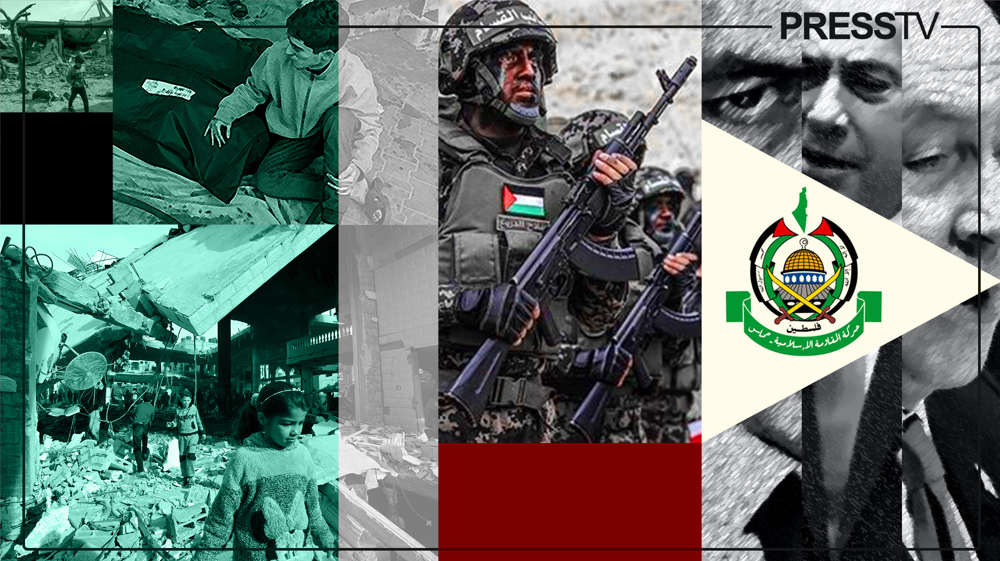
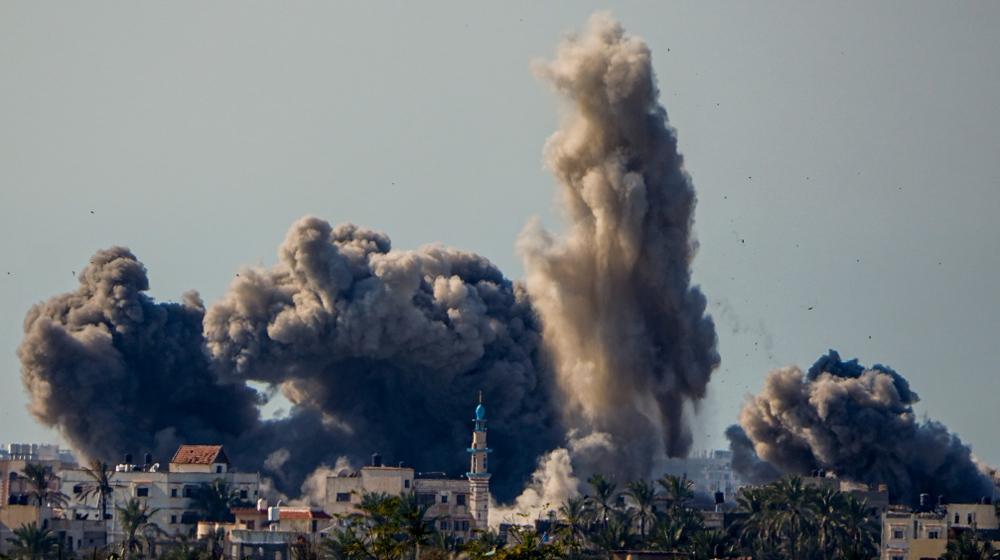
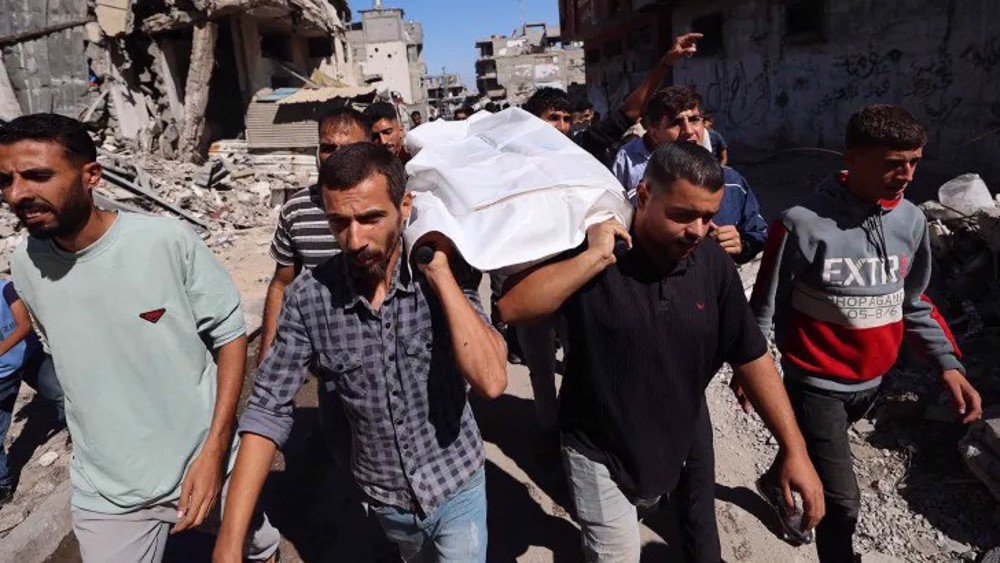
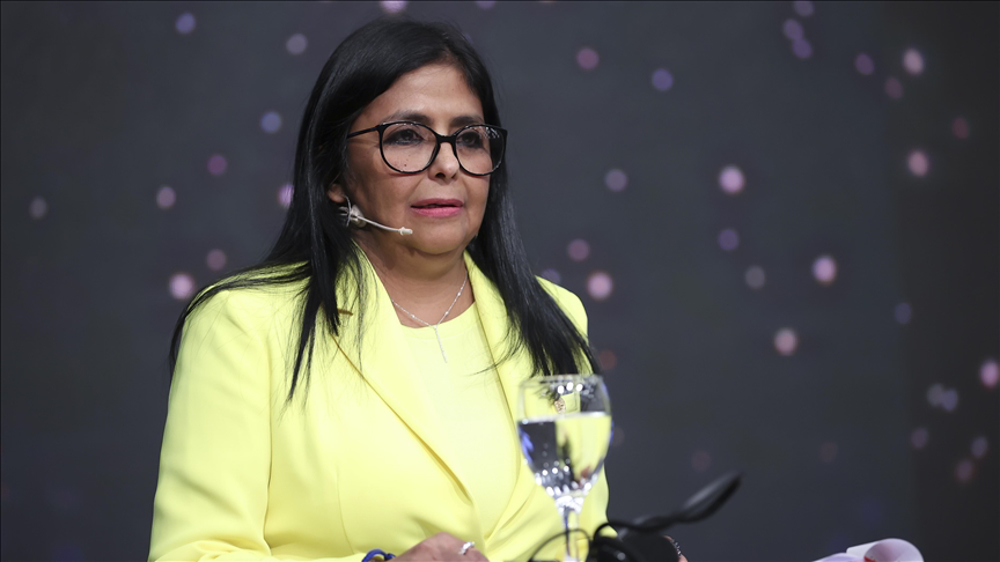
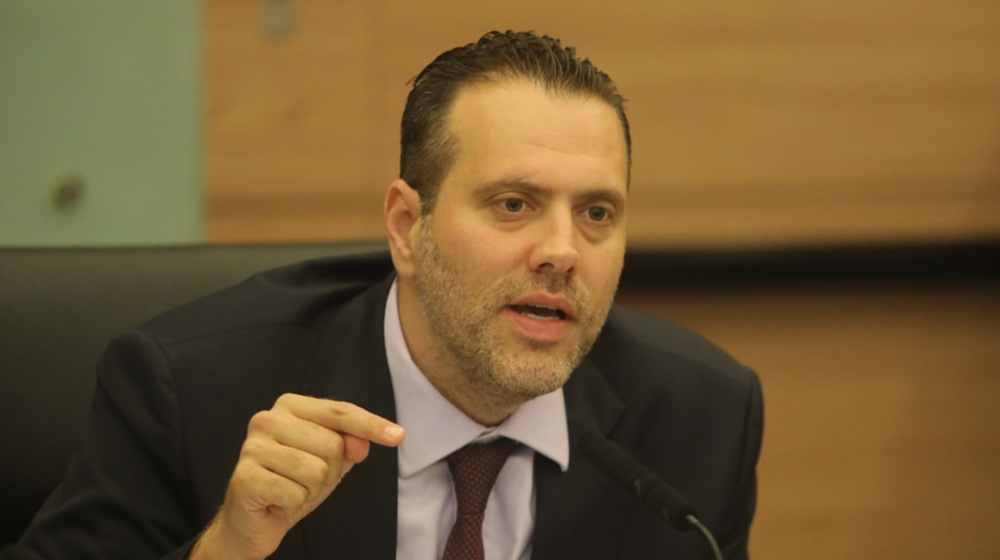



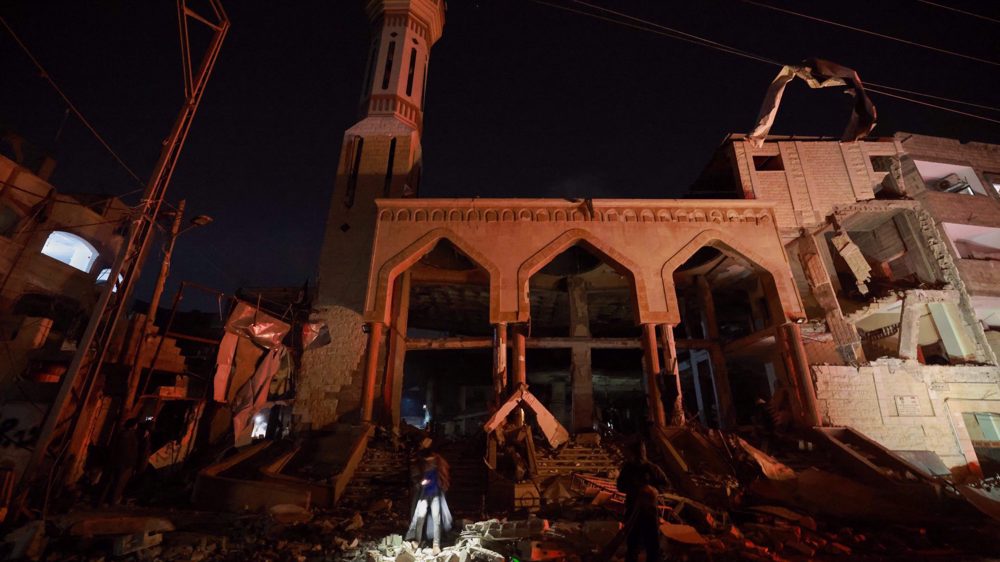
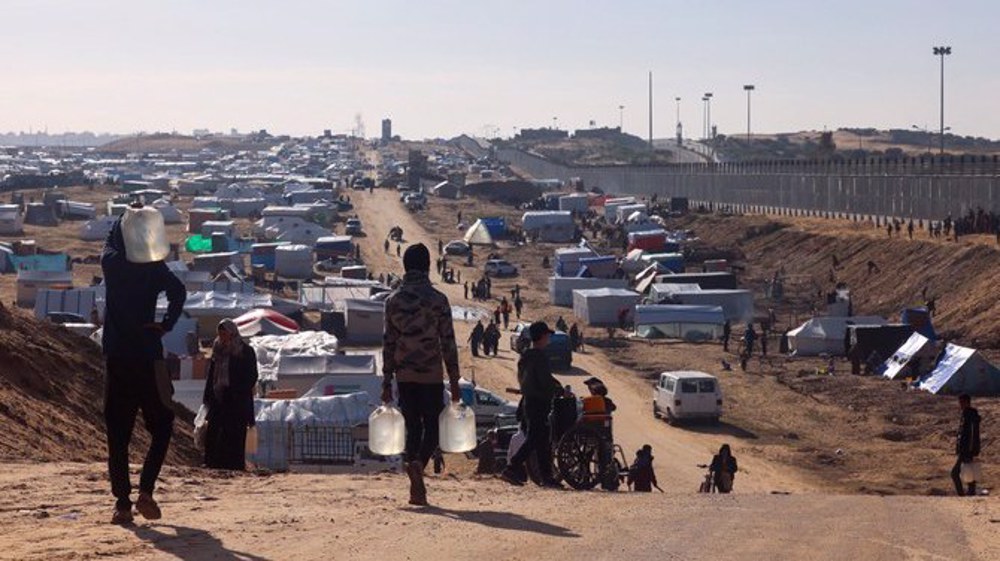
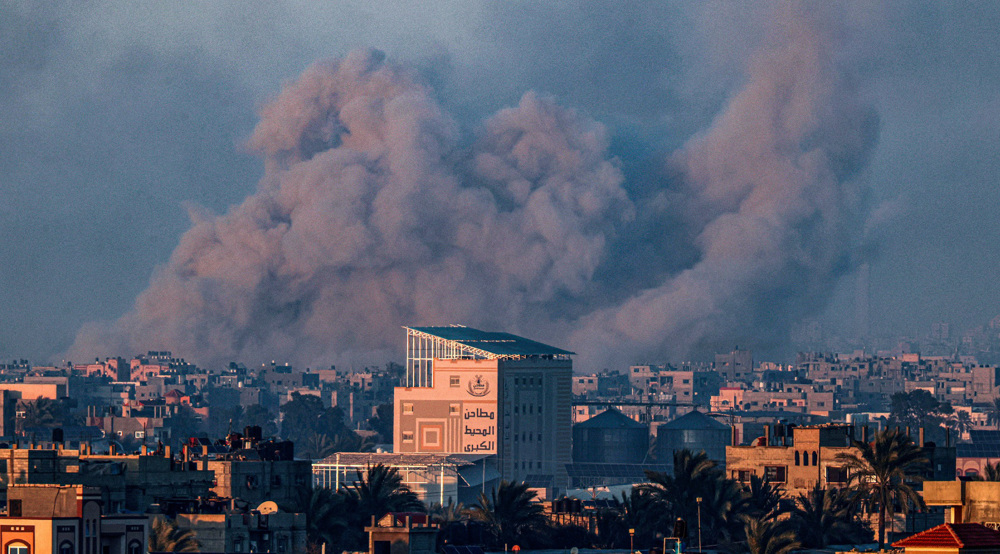
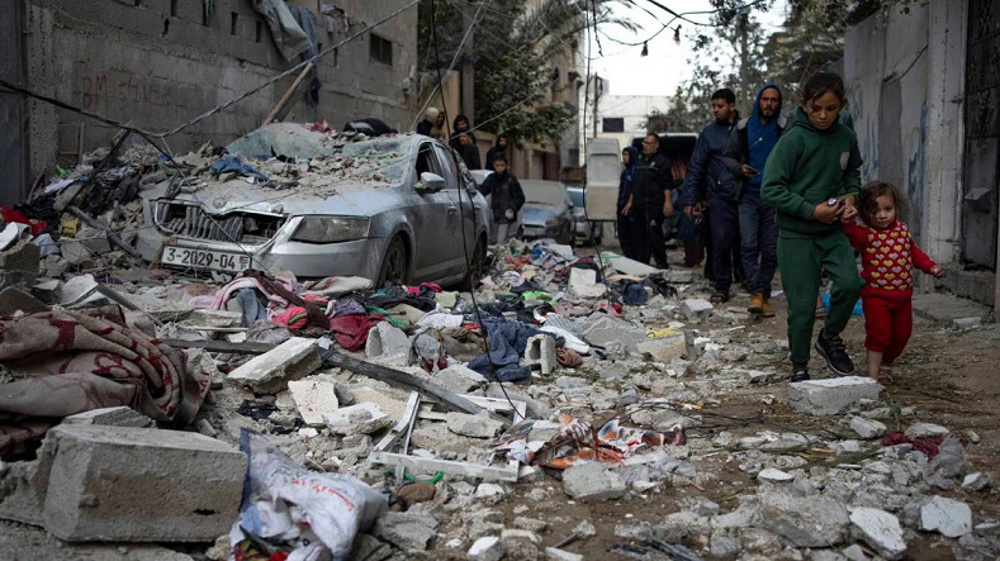
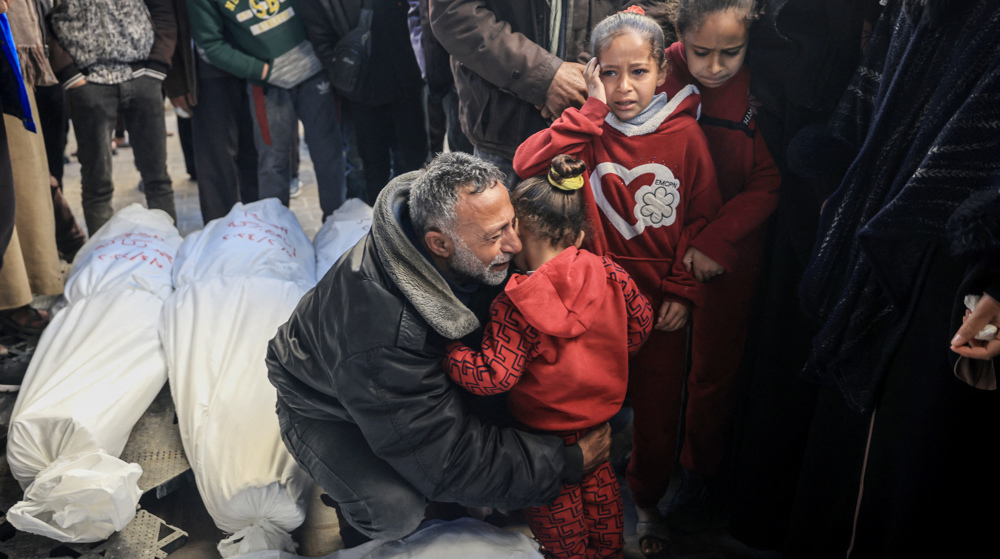

 This makes it easy to access the Press TV website
This makes it easy to access the Press TV website